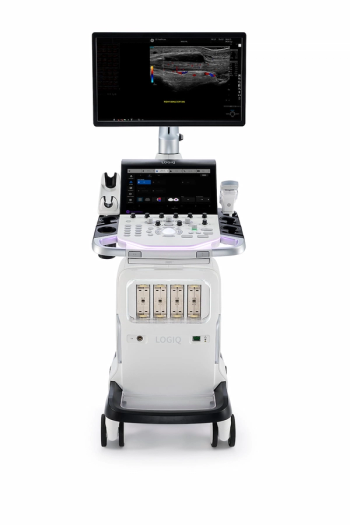
Designed for full-body imaging, the new modality reportedly offers a lightweight portable design, AI-powered tools and enhanced high-resolution images.
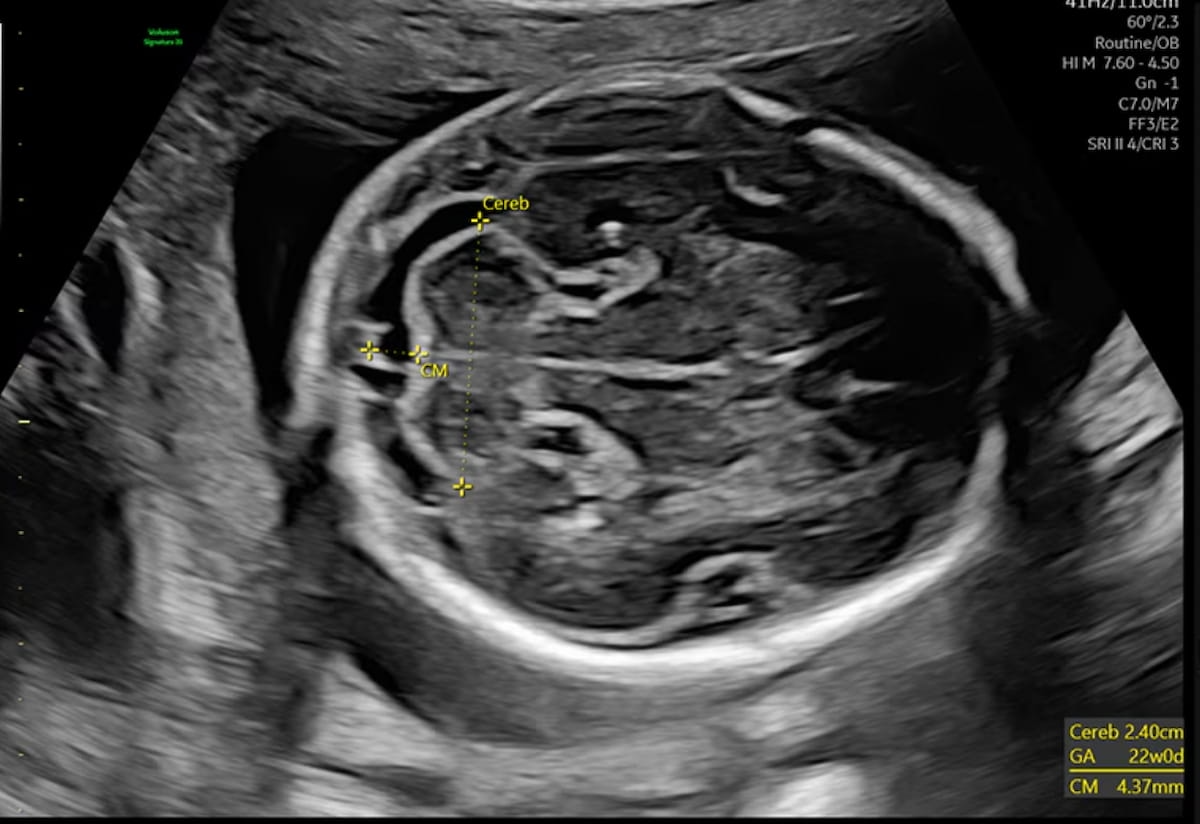

Designed for full-body imaging, the new modality reportedly offers a lightweight portable design, AI-powered tools and enhanced high-resolution images.
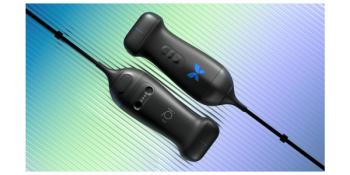
Recently cleared by the FDA, the iQ3 point-of-care ultrasound system reportedly offers new advances in 3D imaging capabilities.

Catch up on the top radiology content of the past week.
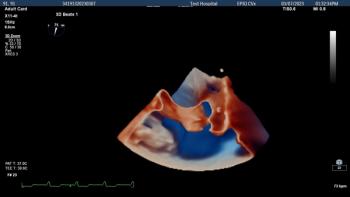
Reportedly providing enhanced imaging of structural heart disease, the minimally invasive X11 4t Mini 3D TEE ultrasound transducer facilitates use of the technology in smaller pediatric patients as well as high-risk ICU patients.

Catch up on the top radiology content of the past week.

In a recent interview, Eric Secemsky, M.D., discussed an array of benefits for the use of intravascular ultrasound (IVUS) in supplementing angiography for peripheral vascular interventions, current barriers preventing more widespread adoption of the technology and other salient insights from a recent multidisciplinary roundtable discussion.

Catch up on the top radiology content of the past week.

Noting the challenges with angiography in the imaging of lower extremity revascularization, a panel of interventional radiologists, interventional cardiologists and vascular surgeons discussed emerging evidence that supports the use of intravascular ultrasound in facilitating improved outcomes in this high-risk patient population.
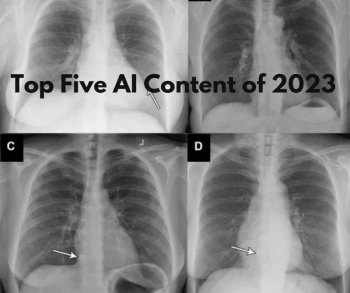
Catch up on the most viewed content on AI in radiology from 2023.
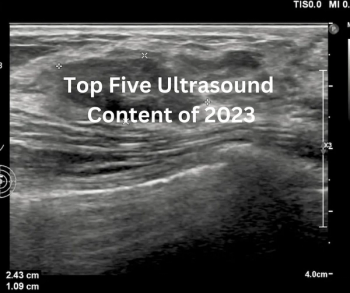
Catch up on the most well-read ultrasound articles from 2023.

Catch up on the top radiology content of the past week.
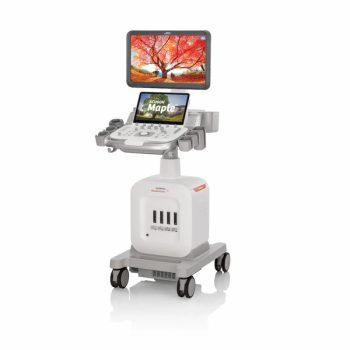
Providing 25 features to facilitate optimal workflow and user effectiveness, the portable Acuson Maple ultrasound can reportedly be utilized in a variety of clinical settings.

Catch up on the top radiology content of the past week.
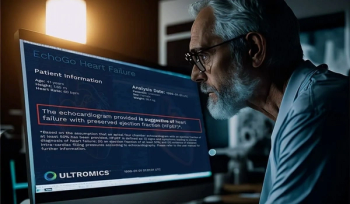
Reimbursement for use of the artificial intelligence (AI)-powered EchoGo Heart Failure platform in hospital outpatient settings for Medicare and Medicaid patients is expected to increase from $99.81 to $284.88 in 2024.

Ultrasound and MRI findings from a new study suggest that greater carotid atherosclerosis and elevated white matter hyperintensities among women with the APOEe4 genotype, a strong risk factor for Alzheimer’s disease, are associated with increased PTSD symptoms in midlife women.
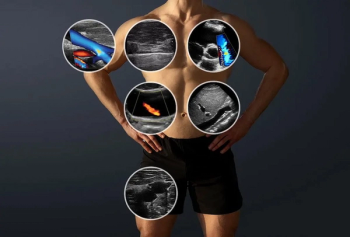
Combining phased and linear arrays on a single head, the Clarius PAL HD3 ultrasound device was unveiled at the recent American College of Emergency Physicians (ACEP) Scientific Assembly conference.
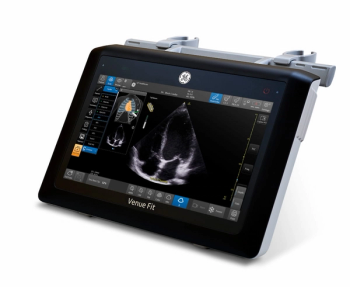
Geared to clinicians who may lack ultrasound expertise, the artificial intelligence (AI)-powered Caption Guidance technology reportedly provides stepwise instruction for acquiring optimal cardiac ultrasound images.
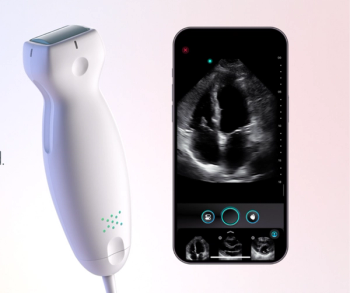
The Exo Iris reportedly combines advanced silicon technology with imaging, workflow software and artificial intelligence (AI) to facilitate multidisciplinary use of point-of-care ultrasound.
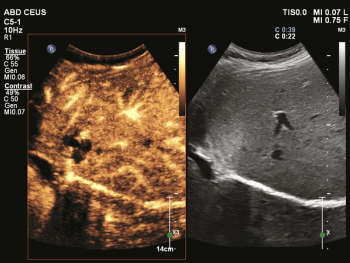
The Microvascular Imaging Super Resolution Contrast-Enhanced Ultrasound application reportedly leverages micro-bubble contrast media to provide enhanced spatial resolution for imaging of malignant lesions.
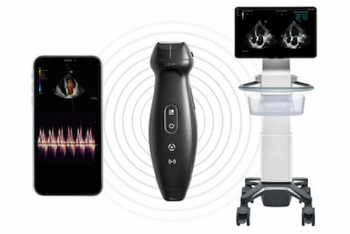
The TE Air is reportedly the first handheld ultrasound device to offer dual connectivity to mobile devices or touch-based ultrasound systems.
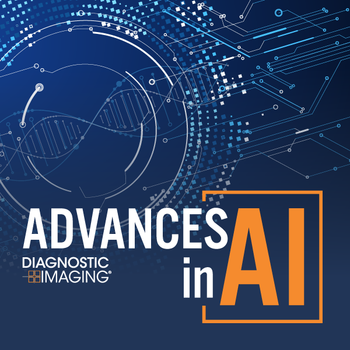
Catch up on the top AI-related news and research from the past month.

Featuring sector and linear arrays, the FDA-cleared Vscan Air SL ultrasound device reportedly enables cardiac and vascular assessments at the point of care.

The De Novo approval for Viz HCM, which assesses electrocardiograms with artificial intelligence (AI) to identify possible cases of hypertrophic cardiomyopathy (HCM), is the 12th FDA clearance of algorithms on the Viz.ai Platform.

Catch up on the top radiology content of the past week.

In what may represent the first CMS approval of a new technology add-on payment (NTAP) for an artificial intelligence (AI)-based heart failure detection platform, use of the EchoGo Heart Failure system will be eligible for up to $1,023.75 in NTAP reimbursement per acute hospital in-patient stay as of October 1, 2023.